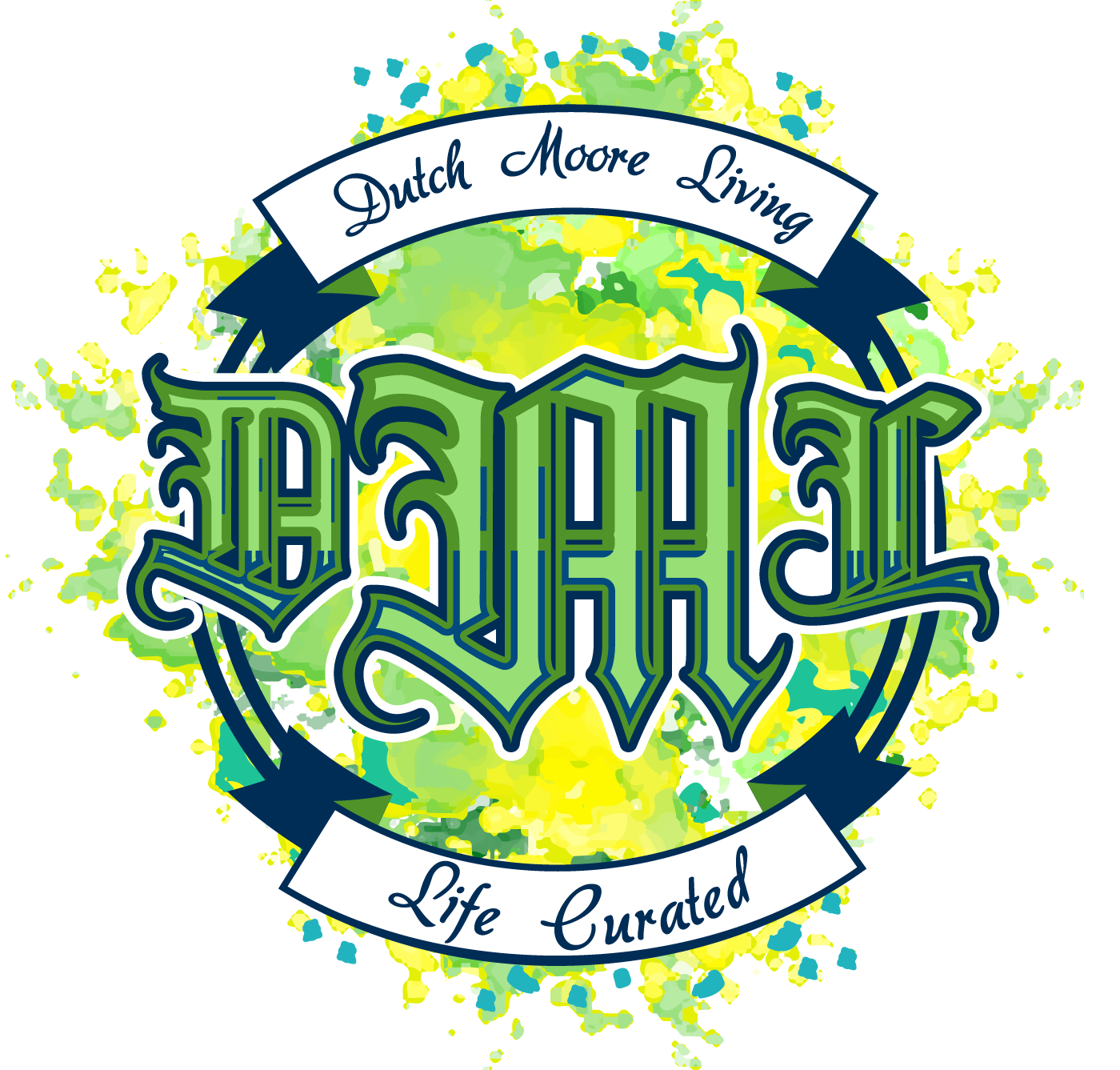I’ve always been a hard worker. I can’t say that I have played as hard or as much as I work, but I am working to put that into better balance. My wiring makes that a little difficult, but I try anyway.
The past few years since the pandemic have been an intense ramp-up of even more mind-bending work.
Stepping out into the solopreneur terrain while keeping one foot firmly in the corporate arena, I’ve spent many mornings, evenings, and weekends doing research; buying, refinishing, and refurbishing; and pricing. Add to that the opportunity to teach at university, something I want to do more of when it’s time to finally leave the traditional desk job.
Life can become a rinse-and-repeat ride of (boring) monotony. Don’t get me wrong: I am finally in a place and a position I absolutely love. For years, I thought that loving what you do was really a marketing gimmick, and no one really expects to love their job.
I spent the decade following the completion of my master’s degree and trying to find the right organizational fit and role. Only in the past year have I accomplished that goal. But in true, typical, me fashion, I marked it off the checklist and said, “What’s next? Where do I go from here?”
Teaching, writing, and artisan curating are the three things I love doing when I’m not mitigating risk and keeping people safe. But a couple of years ago, my “why” was challenged after learning I am Asperger’s (high functioning Autism). For reasons not requiring lengthy explanation here, I decided it was time for me to determine why my entire life was always off-kilter.
Luckily, the diagnosis did not shake me nor steal my peace. Rather, it gave me the stable foundation I’ve needed for years, and I now know how to leverage my wiring for good instead of letting it become my weakness; it became my superpower.
But my kryptonite is patience; I haven’t any. As I work to finally perfect my craft, adjust my life to accommodate my condition, and go about the daily grind, I recently found myself becoming impatient with my progress.
Work has been an endless agenda of examinations and audits during the summer months, and I’ve taken on some additional leadership responsibilities. All the while, I’ve been expanding my business, fitting in time for blogging and book penning. One would think that things are going swimmingly. I even find time for personal ventures of movies, adventures with friends, and the occasional pursuit of spiritual evolution. So, why did everything start to feel like a slog in a bog this year?
Just last week, my manager, after the summer of slogging, asked me how I was doing. In his genuine, upbeat style, he was truly invested in making sure I was taking care of myself and getting sufficient downtime.
When I admitted, probably for the first time ever in my career, that I was tired, it gave him pause. “OK, that’s not good. I want you to start taking some time off and get some rest.”
I explained that I was waking up in the middle of the night worried about all the things we needed to do and that I might forget one (or more).
He then said that he did not want me to waste any time or mental real estate on things I cannot control in the working environment. Citing that he refuses to give energy or thought to anything that keeps him from being a good father or husband, he remembers that work will always be waiting for him to come back to it in the morning, but his family and personal stakeholders are his priority.
“You have a life, and you are allowed to live it. Log out, get some rest, and remember your why.” It’s been a very long time since I’ve worked with and for people and organizations who understood employees have lives outside of work. Finally, I had personal freedom to enjoy my profession, my personal business development, and my life. Work-life balance was achievable.
I thought back to previous managers who worked me until I had nothing left and then asked for even more. The relentless emails, texts, and phone calls when trying to vacation or enjoying Sunday breakfast for that matter. I often burned out before my flame even got lit. Tired was a perpetual state of existence, not a temporary state of being.
Most importantly, when I took the much-needed rest, I reflected on the words of managers past and recalled one particular poignant moment when my choice of direction went against my boss’s wishes. I was asked to split up my team and decide which one I wanted to lead. I led two distinct disciplines under one roof, and this guy, being the agitated neurotic that he was, wanted me to choose project management. Instead, I took my own advice, (also given to my son, regarding choosing a college major): sleep on it, and when you wake up, the first thing that comes to your mind is the right answer.
I vividly remember telling him the next day that I was choosing risk and would lead the Resiliency efforts. He furrowed his brow, pursed his lips and spit out the words, “Why in the hell would you want to do Risk? Nobody gives a damn about Risk!”
In that moment, I knew I had chosen the right path.
I didn’t stay in that organization much longer. I mean, how do you work for a guy who has the bust of a Hindu god on his desk while he struts around with a holier than thou, I am the (high-strung) sacred cow, hear me (loudly) moo? Not very Zen, no no, not very balanced at all.
I digress a bit. Over the next five years, I would transition through three jobs, all leading me up a stepping stone to my current destination. I’d say that my decision was sound, and the choice I made was the right one. I’m productive, content, and thriving.
I’ll never forget that day when I heard that no one cares about Risk, but more memorable was my response: “That’s why. No one else may care about it, so I do.”
I’ve always been the outlier, the person who paid attention to patterns, people on the fringe, and obscure situations that can lead to even worse scenarios. I was born to mitigate risk.
As I grow older and maybe a bit wiser, I realize that even my newfound professional nirvana is only a stop in my transformational career evolution. Coaching and teaching the next generation of risk and resilience managers is the long-game goal.
So when I think about my why, I don’t really have anything to remember because I live it every day while working on the next stop, known as what’s next.

